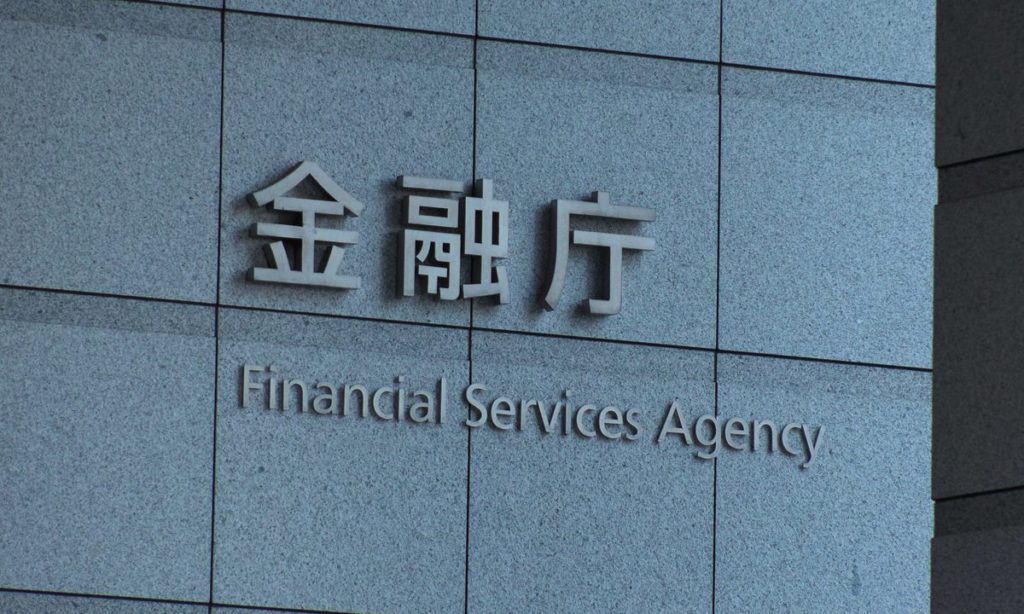The Financial Services Agency (FSA), Japan’s primary financial regulator, is considering legislation that would limit stablecoin supply to banks and wire transfer providers. Crypto service providers engaging in stablecoin transactions, such as wallets, will be subject to the financial regulator’s scrutiny.

The Financial Services Agency of Japan (FSA) intends to tighten stablecoin regulation by putting rigorous regulations on issuers.
Japan’s Financial Services Agency, or FSA, will propose regulations next year restricting stablecoin issuance to only banks and wire transfer firms, according to The Nihon Keizai Shimbun (Nikkei), one of the world’s leading financial newspapers. This would theoretically preclude companies like Tether (USDT), which is not a bank and is only regulated in the British Virgin Islands, from doing business with Japanese clients.
The FSA will also strengthen restrictions connected to money laundering prevention, according to the publication, which also mentions that crypto service providers involved in stablecoin transactions, such as wallets, will be brought under its supervision.
Stablecoin issuers will also be required to follow Japan’s law on prohibiting the transfer of illegal proceeds. Verifying user IDs and reporting questionable transactions are examples of what this entails.
The move coincides with the Bank of Japan’s intention to launch a digital yen CBDC by the end of next year.
However, only select stablecoin issuers would be affected by the new proposed laws. In response to a regulatory crackdown, Circle, the issuer of the USD Coin (USDC), aims to become a crypto bank chartered in the United States.
Stablecoin issuers are often exempt from financial reporting, auditing, or regulatory scrutiny while functioning as private corporations, leading to speculative accusations that Tether may not have enough reserves to back USDT.
At the time of writing, the total market capitalization of all stablecoins was almost $160 billion. The most famous stablecoin, Tether (USDT), has a market capitalization of $76.57 billion.
While Japan does not yet have a regulation regulating stablecoins, the Financial Services Agency (FSA) has formed a group to investigate how to best safeguard consumers and solve money laundering concerns in this area. Yuri Okina, a member of the panel, in September stated:
“It’s crucial that stable coin be backed by secure, liquid assets. However, it is debatable whether imposing sweeping restrictions as harsh as those already in place for banks is the best strategy.”
Japan isn’t the only country considering enacting severe regulations for stablecoin issuers. Treasury Secretary Janet Yellen requested that regulators in charge of crypto assets in the United States “move rapidly” to regulate stablecoins in July. Following that, the President’s Working Group on Financial Markets (PWG) advised that stablecoin issuers be subjected to bank-like regulation.
This regulatory strategy, however, does not sit well with everyone. Governor Christopher Waller of the Federal Reserve Board spoke out against the PWG’s recommendation in November. He explained that allowing banks to issue stablecoins is good, but that only banks should be allowed to do so.
Regardless of how sophisticated private stablecoins are, they compete directly with central bank digital currencies, or CBDCs, and their adoption. By the end of next year, Japan’s central bank wants to introduce the digital yen, called the ‘DCJPY.’ It is backed by a group of roughly 70 companies, including some of the country’s top financial institutions, which have all agreed to participate in a DCJPY experiment. The ‘GYEN,’ a stablecoin digital yen now in circulation, and another imminent launch backed by Circle are both in the works.



